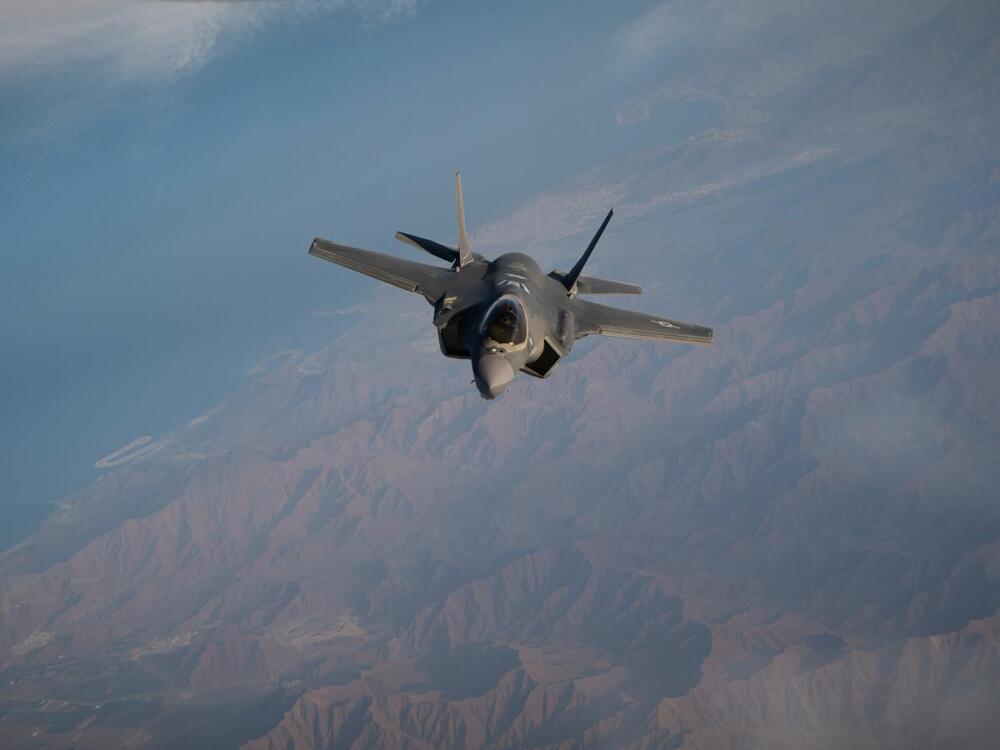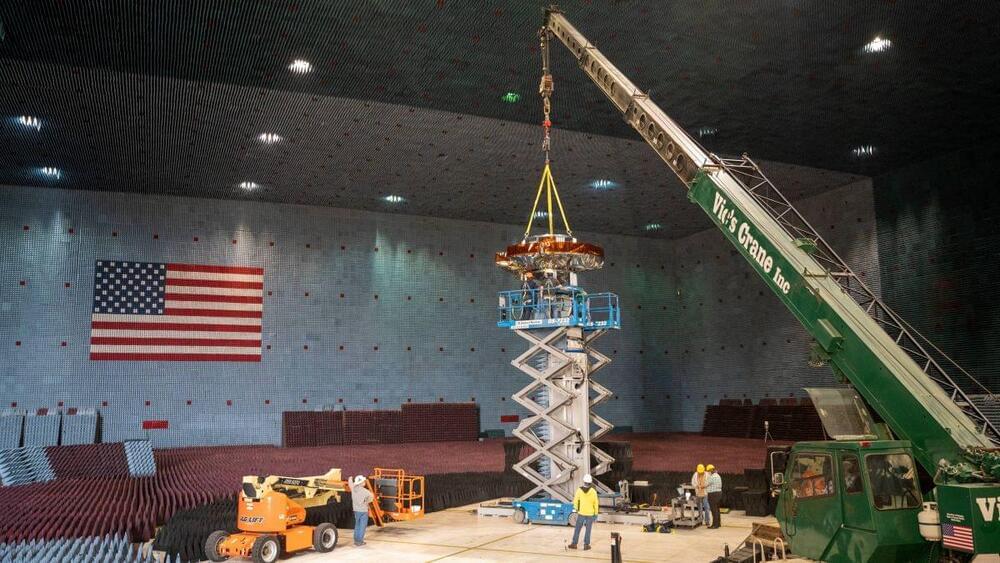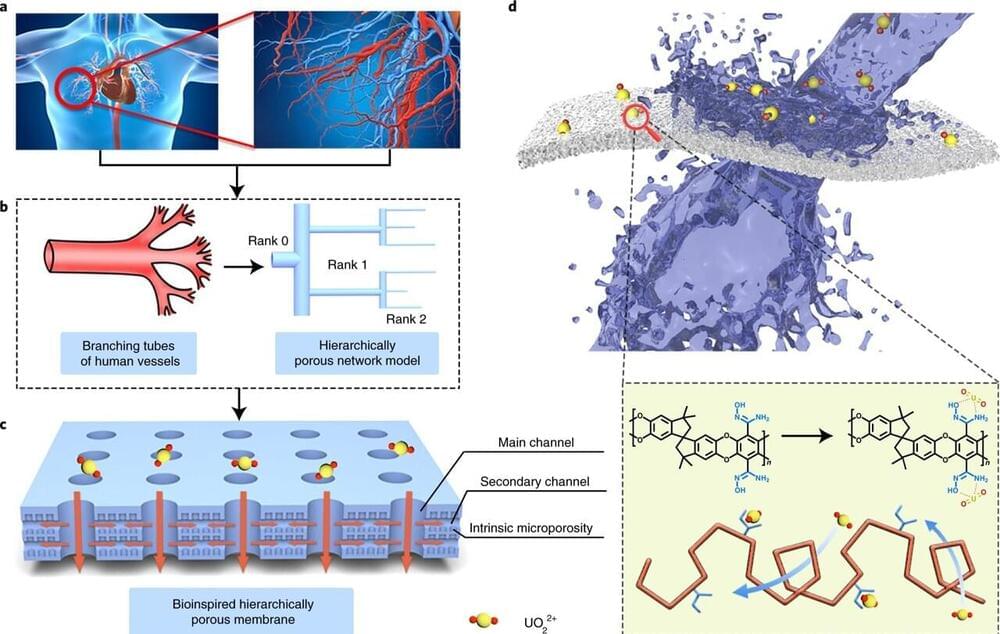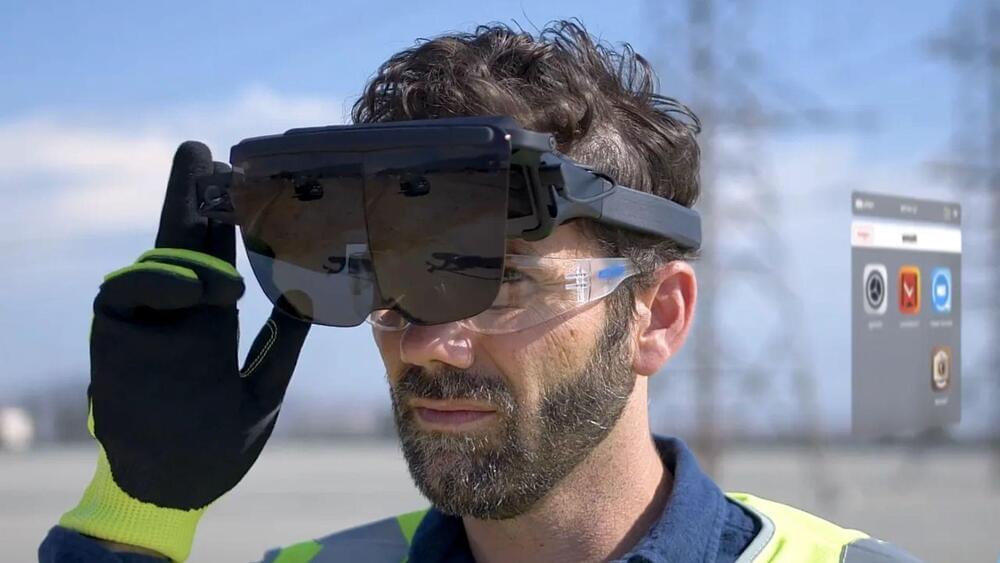A California-based startup called JetZero has a different idea: changing the shape of commercial planes and the material they’re made of. The company unveiled its designs for the midsize commercial and military tanker-transport markets this spring, and has big plans to upend the way air travel looks and feels—as well as how much it costs and how much carbon it emits. Tony Fadell, founder of venture capital firm Build Collective and a JetZero investor and strategic advisor, thinks the company could be the “SpaceX of aviation” due to its potential to disrupt the existing business model.
JetZero’s planes, which are still in the concept/prototype phase, have a blended wing body design. That means the wings merge with the main body of the aircraft, rather than being attached to a hollow tube like the planes we travel in today. Picture the body of a manta ray: wide and flat, it tapers off to a narrower fin at each side, with a head and a tail. A blended wing body aircraft isn’t terribly different, though on JetZero’s models the body isn’t quite as wide.
Besides providing a lot more space, this design is more aerodynamic than tube-and-wing planes. JetZero plans to fly its planes at higher altitudes than today’s norm (40 to 45,000 feet rather than 30 to 35,000), and says its airframe will cut fuel burn and emissions in half. It plans to make its planes out of carbon fiber and kevlar (a strong lightweight fiber used for things like body armor, bulletproof vests, car brakes, boats, and aircraft). The company says its planes’ lighter weight and improved aerodynamics would be able to fly at the same speed and range as existing midbody jetliners, but burn half as much fuel in the process.








